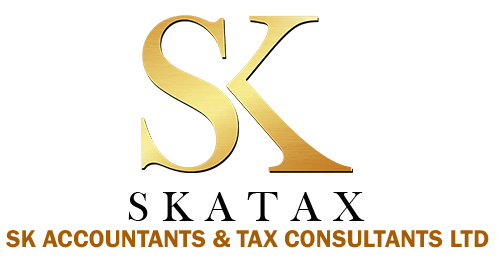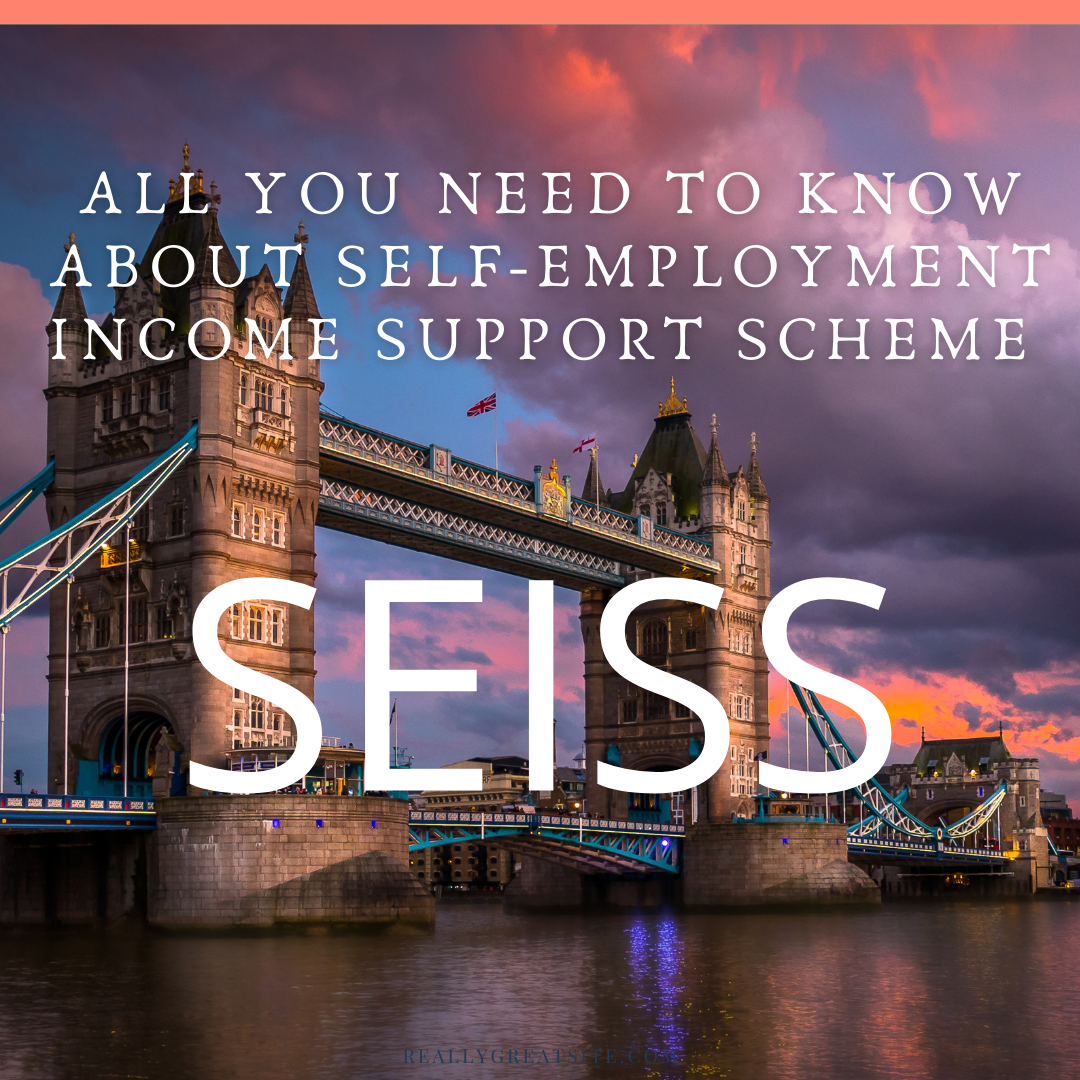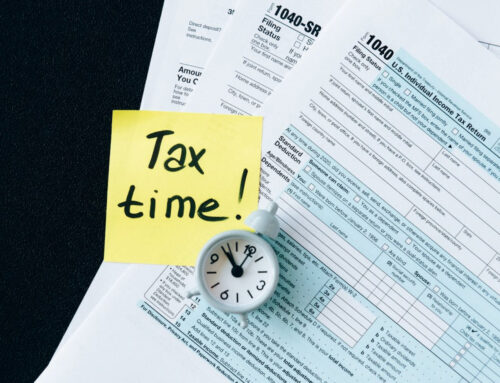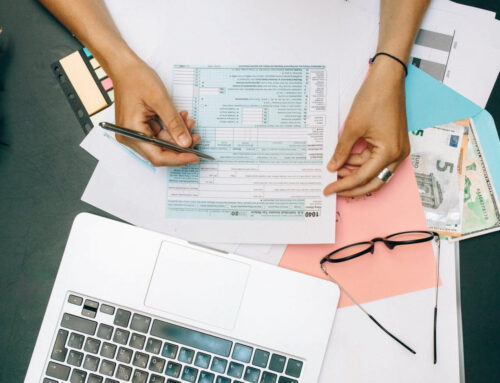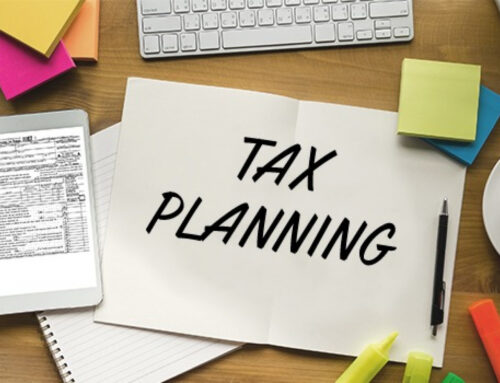All You Need to Know About Self-Employment Income Support Scheme (SEISS)
In response to the global pandemic’s wide-scale effects, the UK government came up with a scheme to help the self-employed. Under the ‘Self-Employment Income Support Scheme,’ self-employed get grants from the government to mitigate the pandemic’s effects. The main reason for introducing this scheme was to lower the burden for all the self-employed persons. The government has realized that the livelihood of such individuals had taken a massive hit due to Covid-19.
What’s The Purpose Of This Scheme?
The scheme aids the self-employed by giving them two grants for 3-month periods each. The government has already given two grants and extended to offer two new grant periods; Nov 2020 to Jan 2021, and Feb to Apr 2021.
Important Information About the Extension for SEISS
The UK government has decided to extend the project for six months, beginning from November 2020 to April 2021. Self-employed persons will get grants under the Self-employment Income Support Scheme in two installments; each will be for 3 months.
The third installment of the grant will be available for the period beginning 1st November and ending on 31st January. For this, the amount rewarded will equal 80% of the average profits earned through trading every month. It will be awarded in one payment that will include the amount worth 3 months’ profits. One can get a maximum amount of £7,500. The government bodies have increased the grant amount from 55% to 80% just to help residents of the UK.
Initially, this grant was proclaimed at 40% but has since risen to 80% for November. Hence, through this change, the aggregate grant level is set to 80% of profits earned through trading. However, from Feb to April 2021, the percentage rate is still under review.
Afterward, the fourth grant session begins on 1st February 2021 and ends on 30th April 2021. The government will announce the exact details and package percentage of the Self-employment Income Support Scheme after completing the previous ones’ review and analysis.
These grants will act as taxable income and are to be treated as such.
Eligibility Criterion for Coronavirus SEISS
For self-employed people, inclusive of those running a partnership will be eligible for the claims. However, they must meet a few requirements to qualify for the Self-employment Income Support Scheme.
It does not make a difference whether they took the first two grants of this scheme or not. What matters is that they should have been competent for those two grants to claim the upcoming ones.
The concerned self-employed person should clearly announce that they will continue trading during and after the situation gets better. Besides this, they should fit into one of the following two categories;
They are, at the moment, actively trading, but the situation has impacted them
The claimants were trading before the pandemic. But they are now unable to continue the operations as a result of the situation caused by Covid-19
Procedure to Claim SEISS
From 30th November, the next installment’s complete details will be provided by HMRC and its online services regarding the applications and procedure of claiming for the grant and relevant guidance on the GOV.UK website.
Once the applicants have completed the application, they will get the grans within 6 business days from the date they have submitted the claim. Apart from this, if you are racking your brain on calculations, HMRC has taken the hassle to its shoulders. The taxpayer or claimant doesn’t need to provide any additional information as the calculations will be done based on the applicant’s tax returns in the due year.
Taxpayers should create a new government gateway account or log in to an existing one to start the application process. HMRC has made the process simpler to ease the applicant through the process. Following this, HMRC has also warned the applicants to submit the claim themselves and not ask any accountant, agent, or advisor to complete the process on their behalf.
